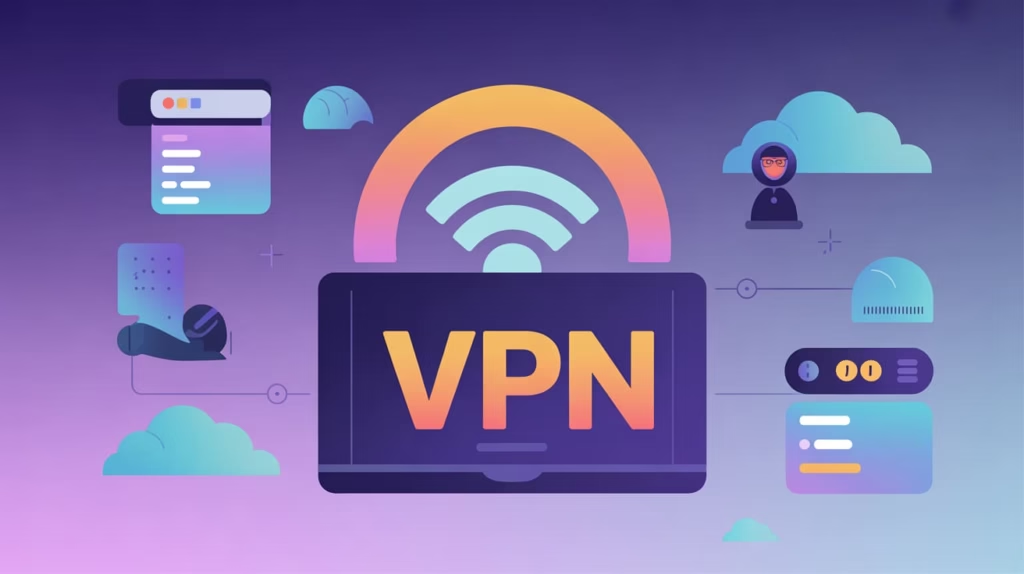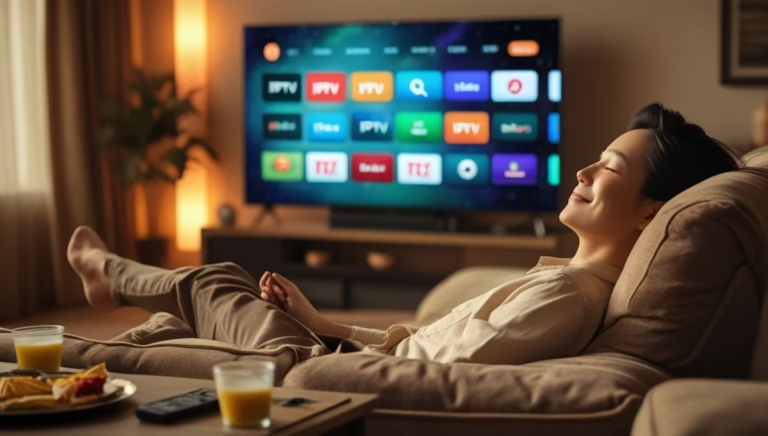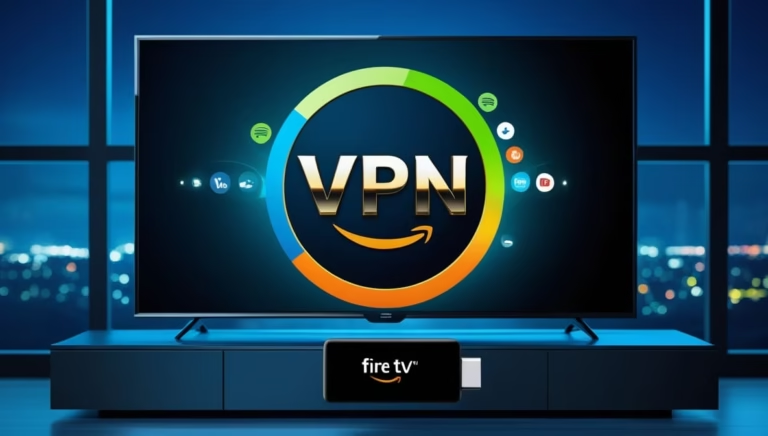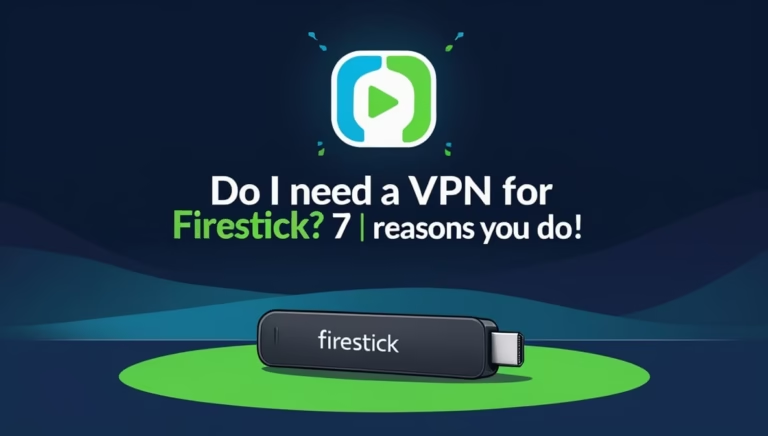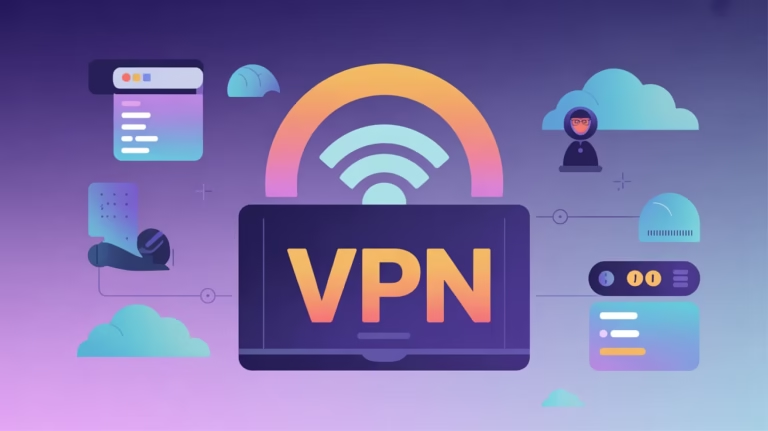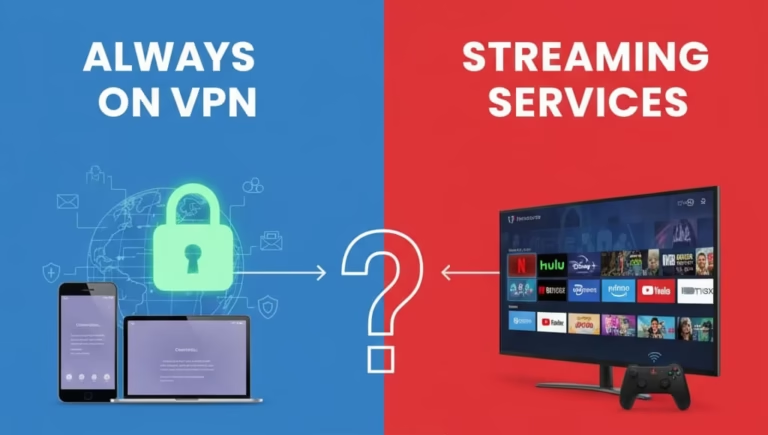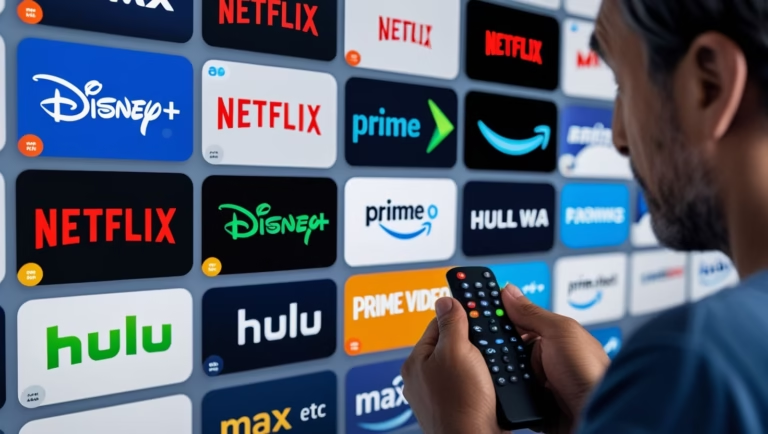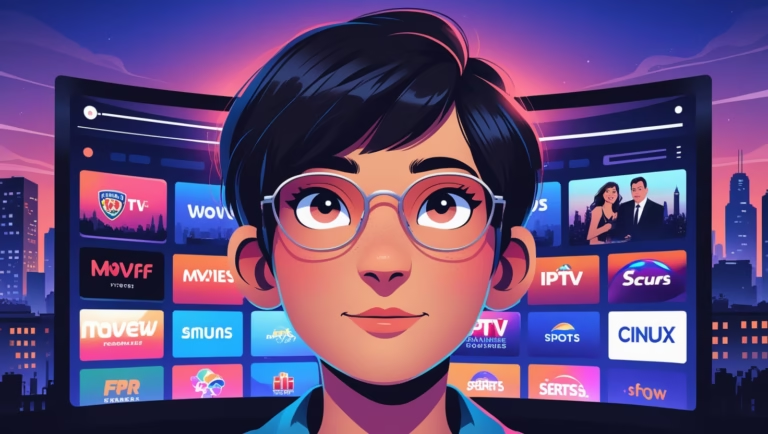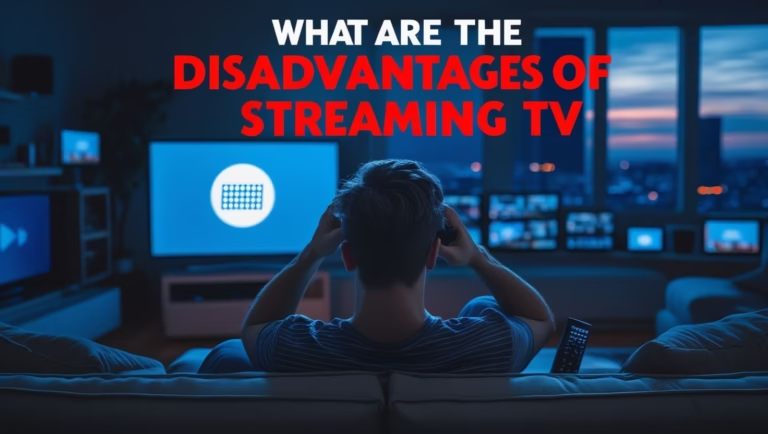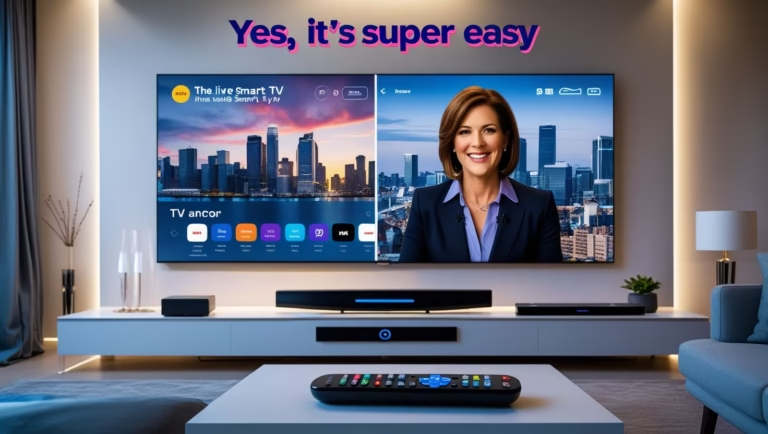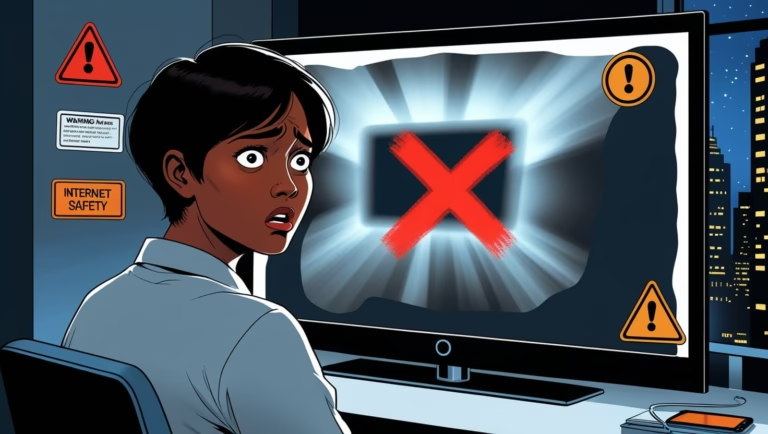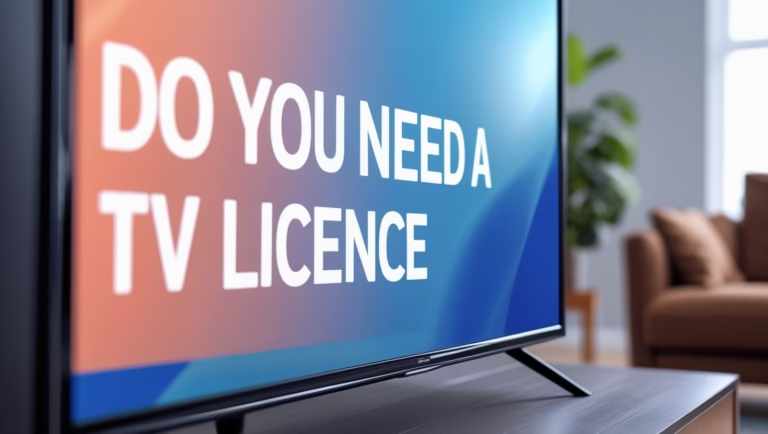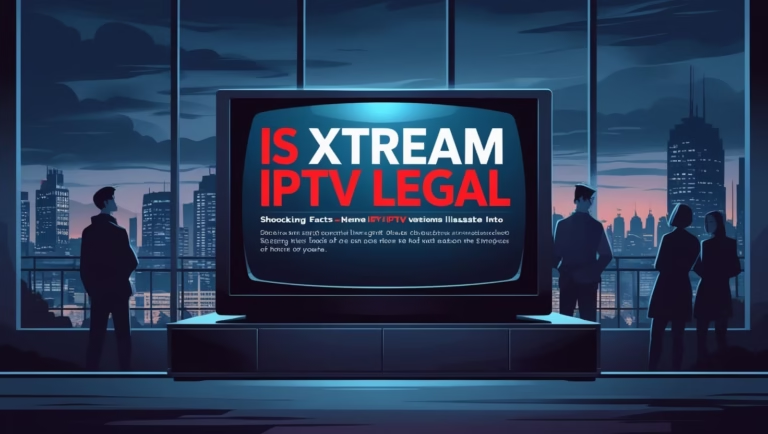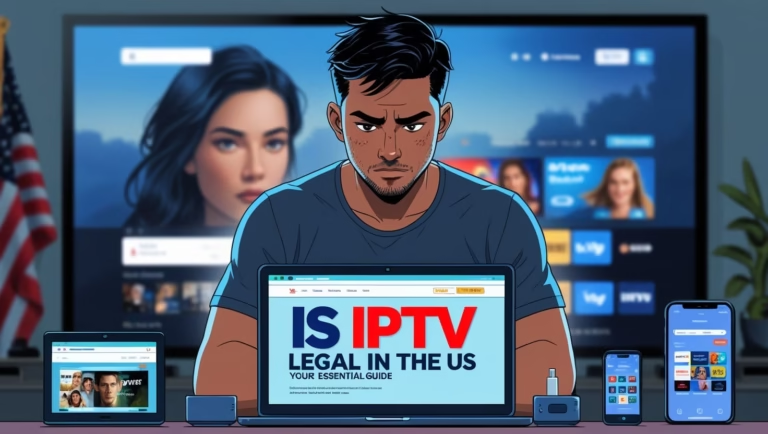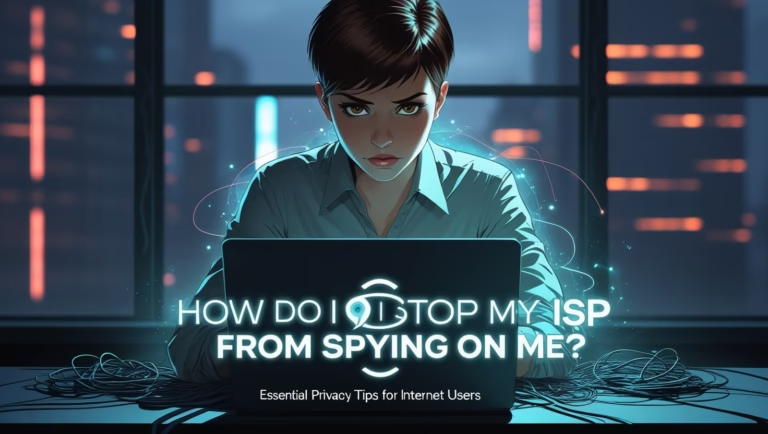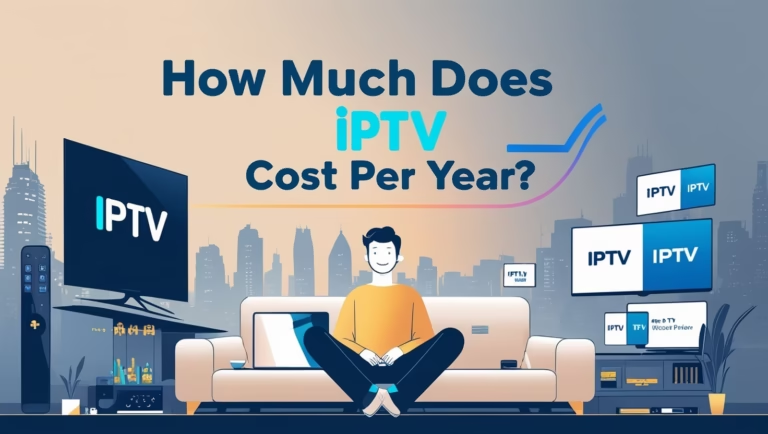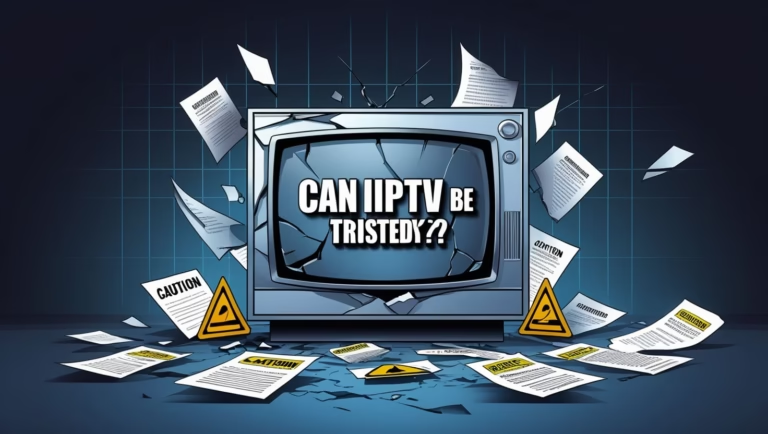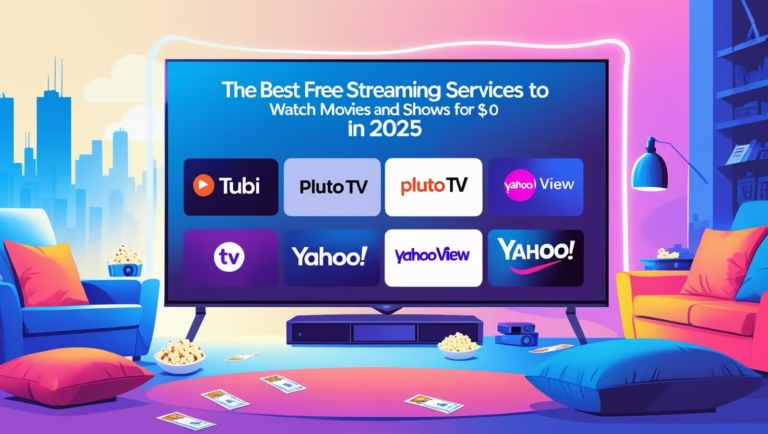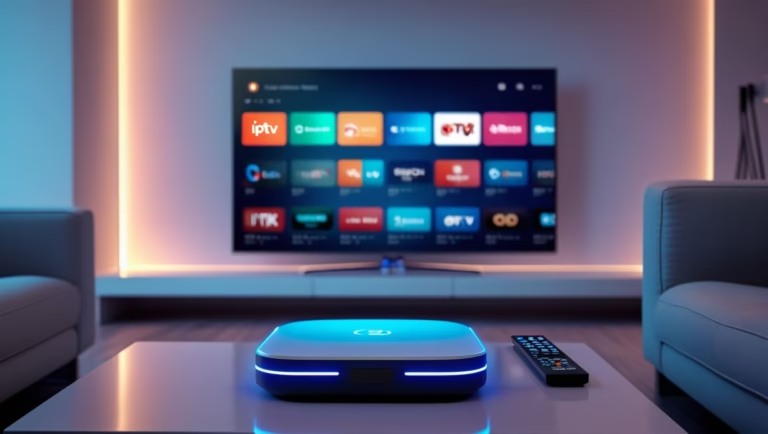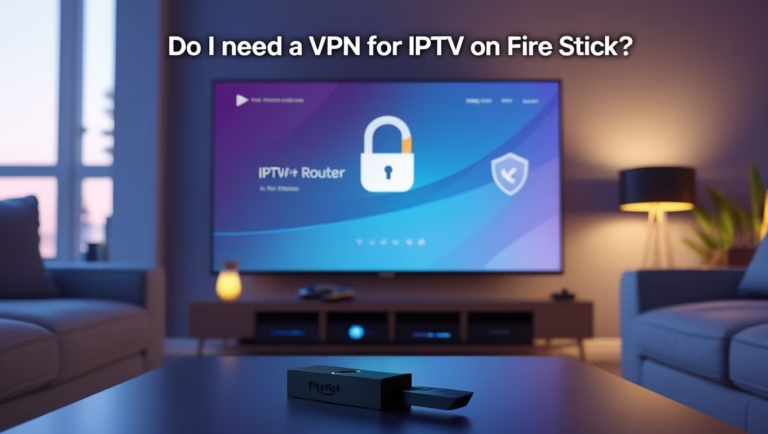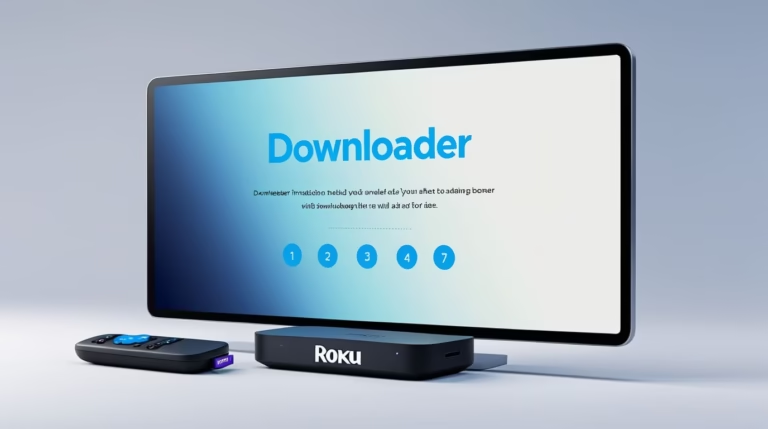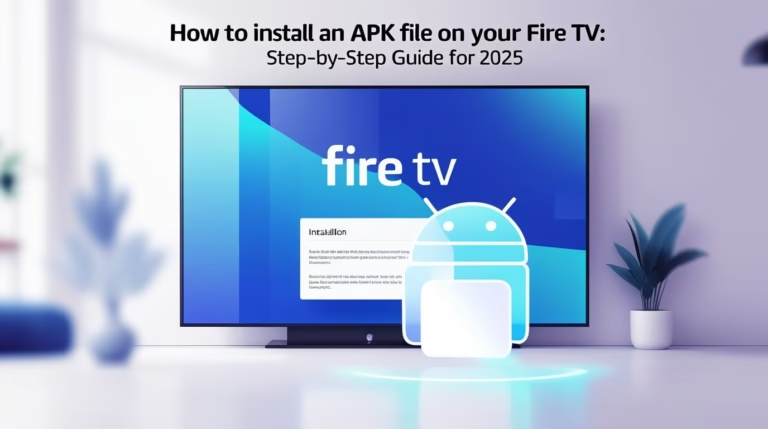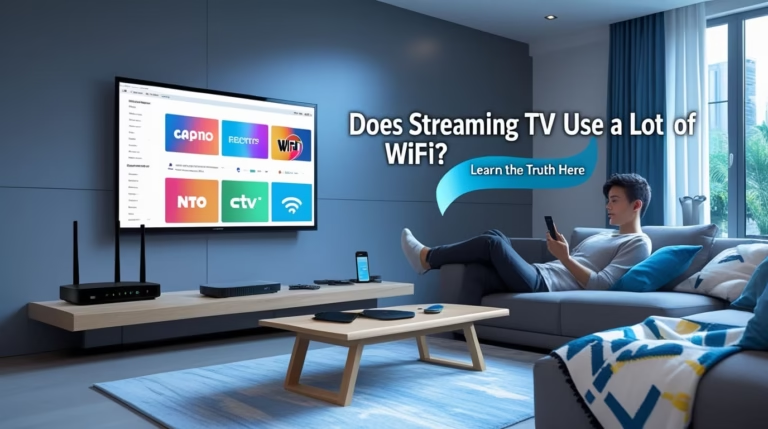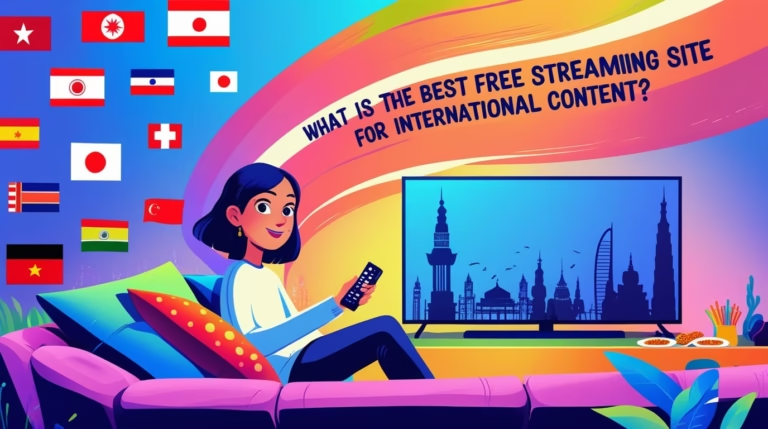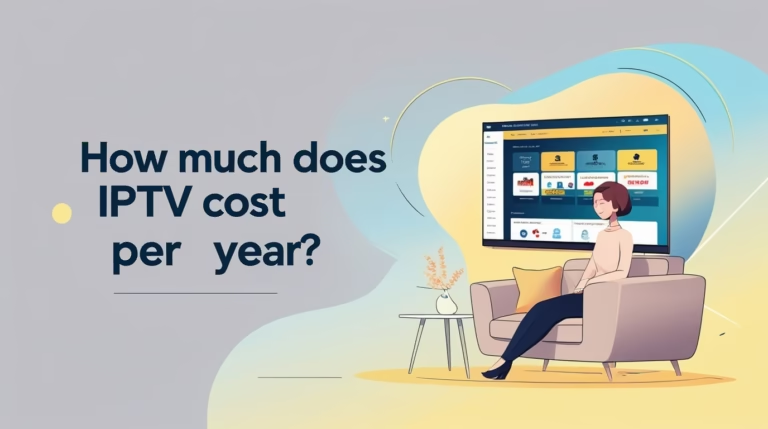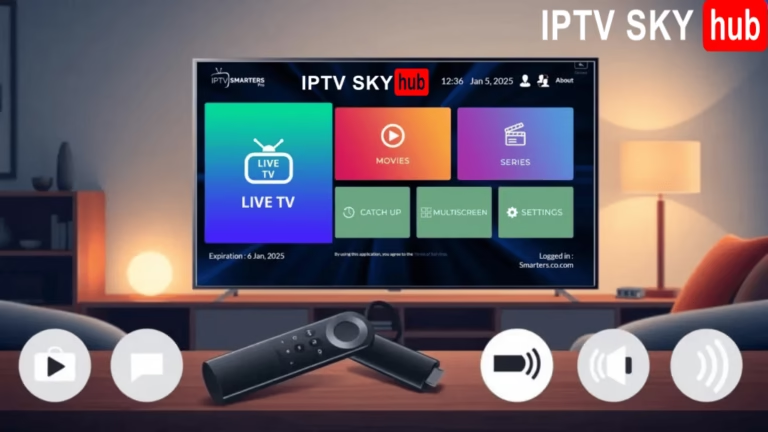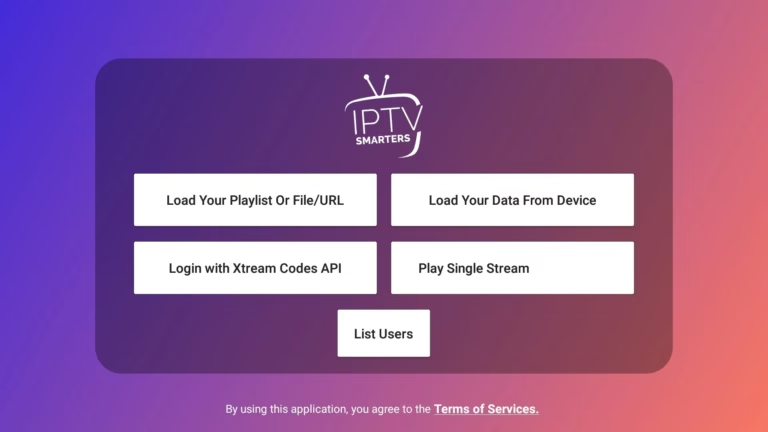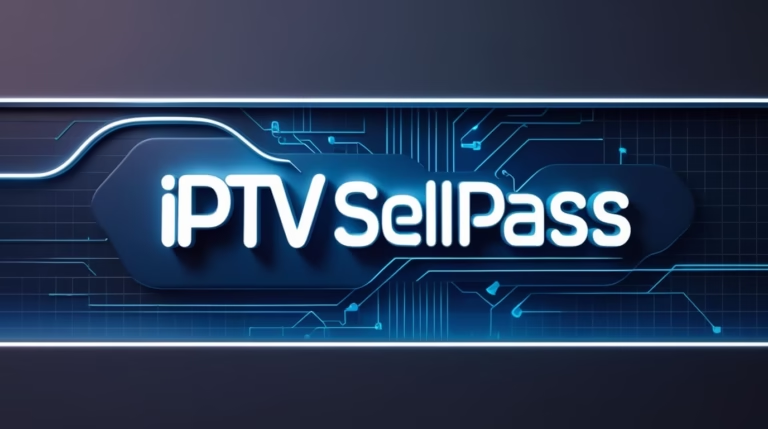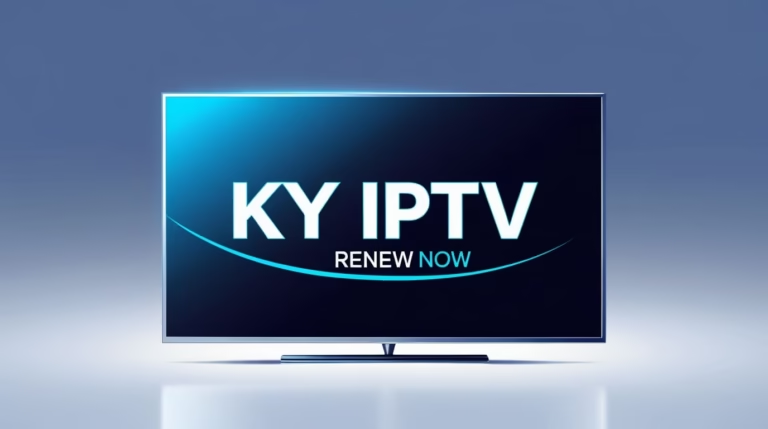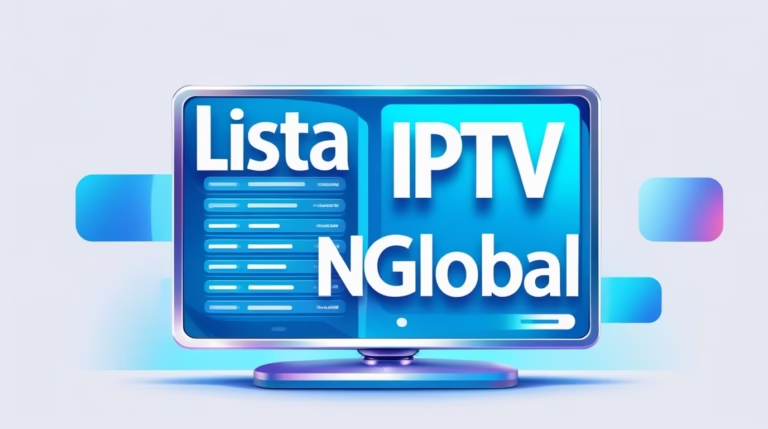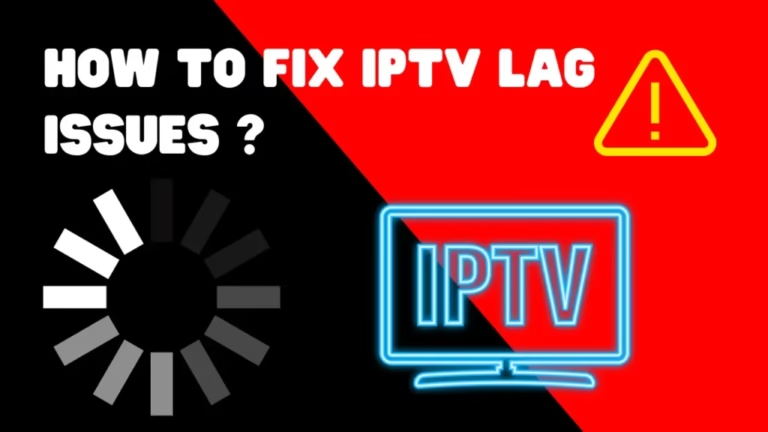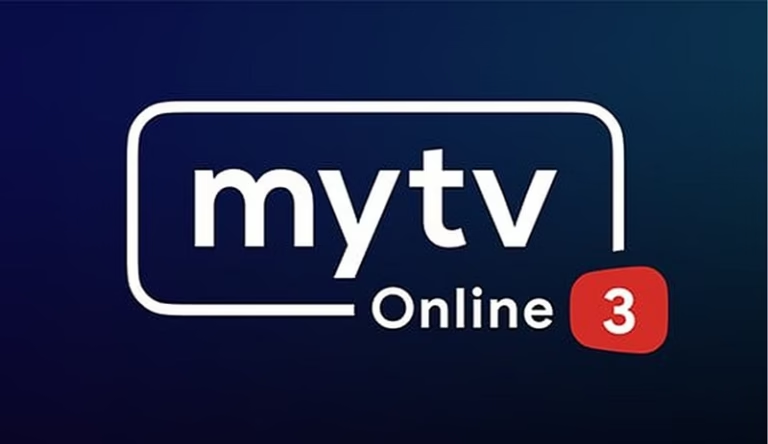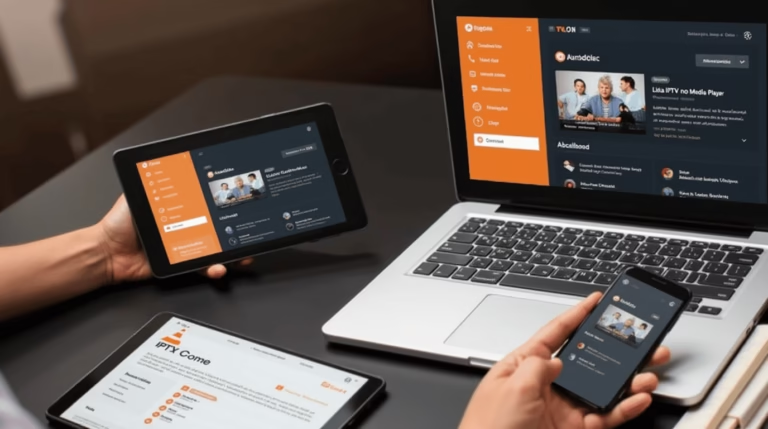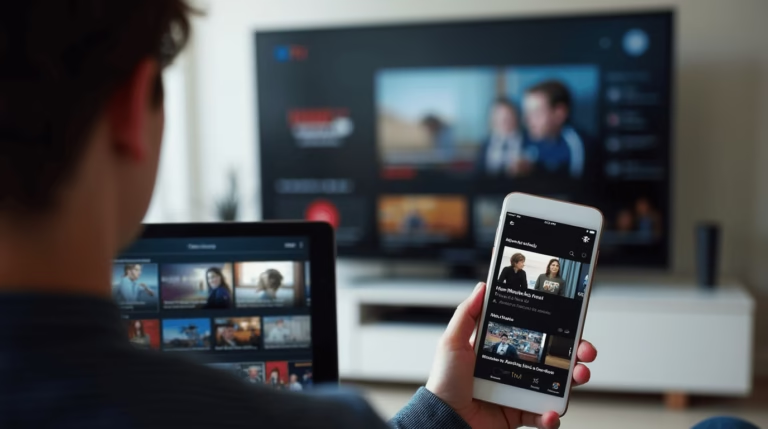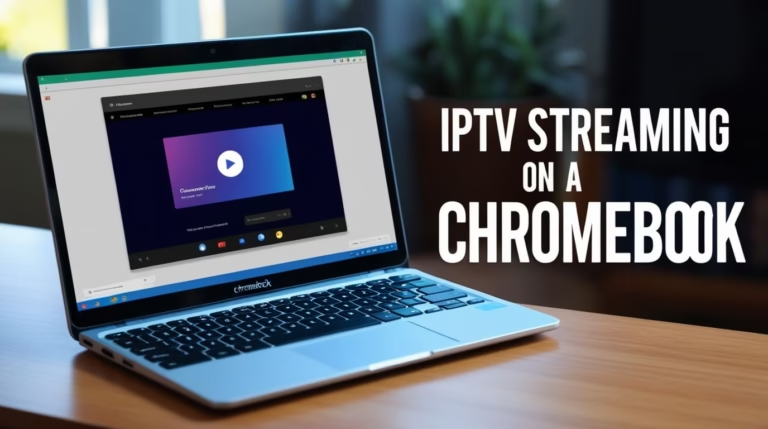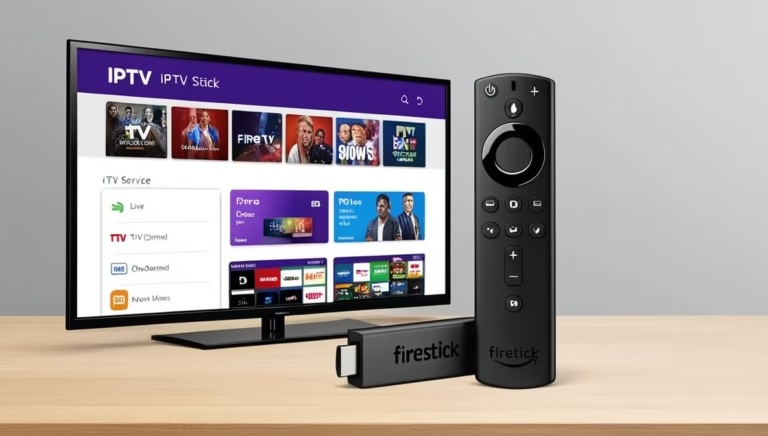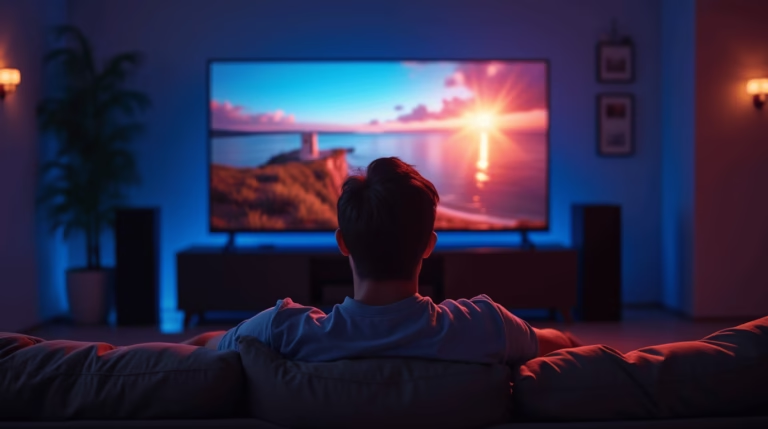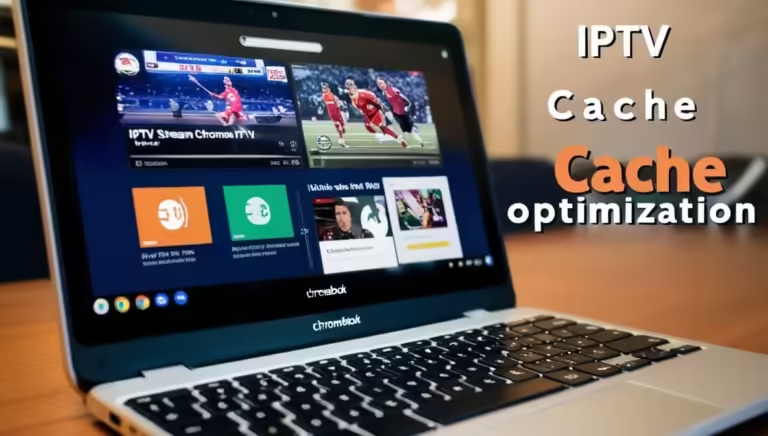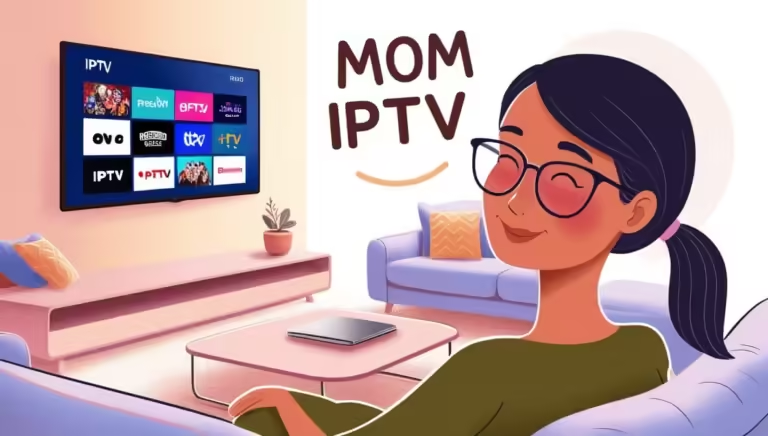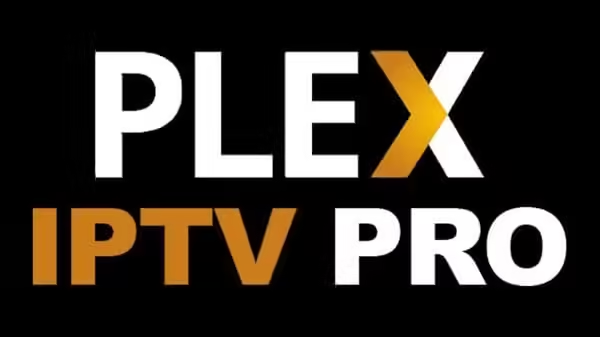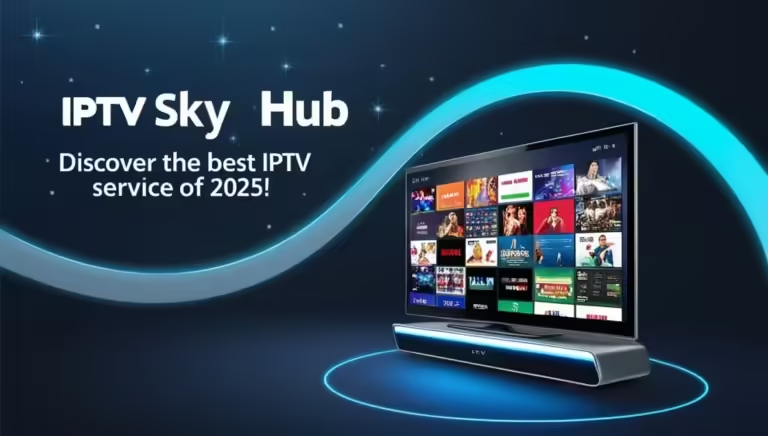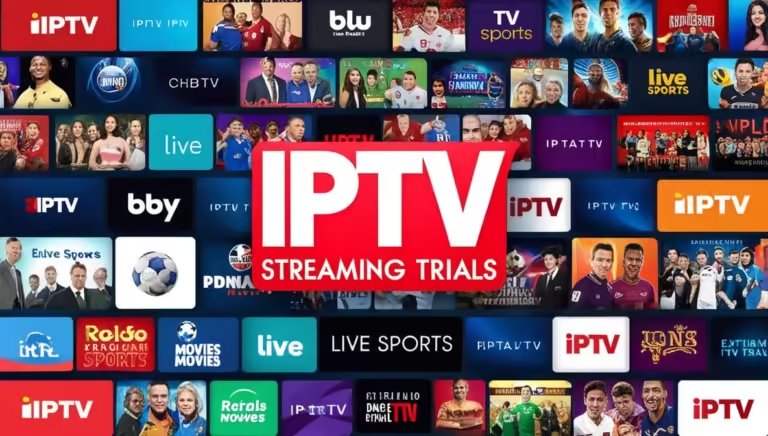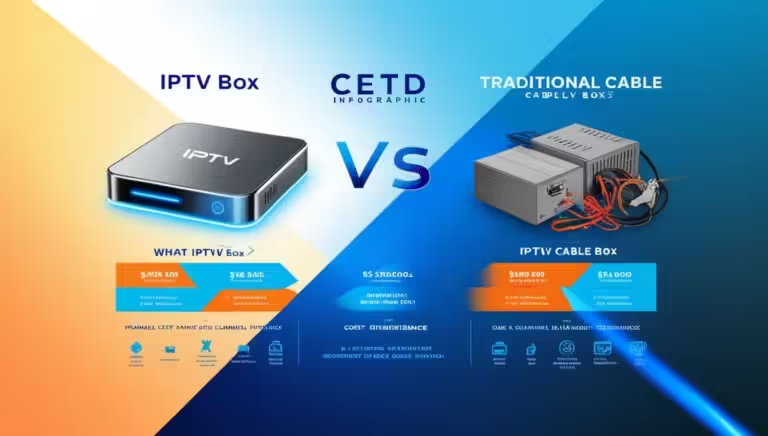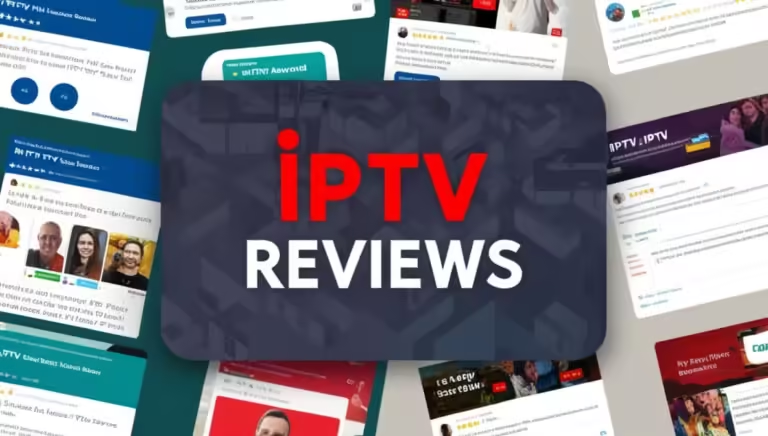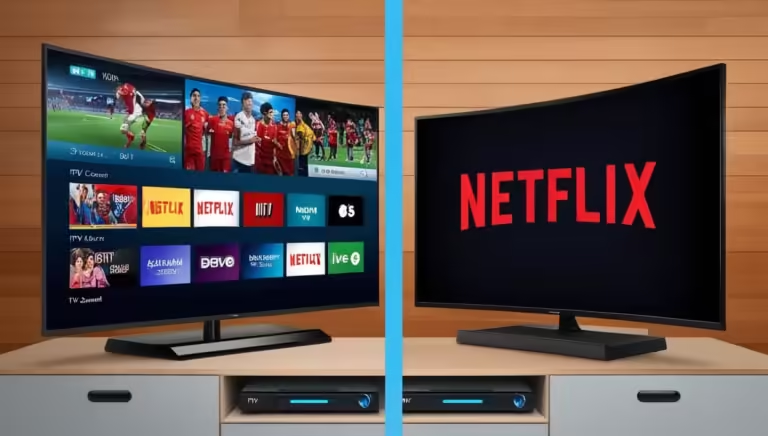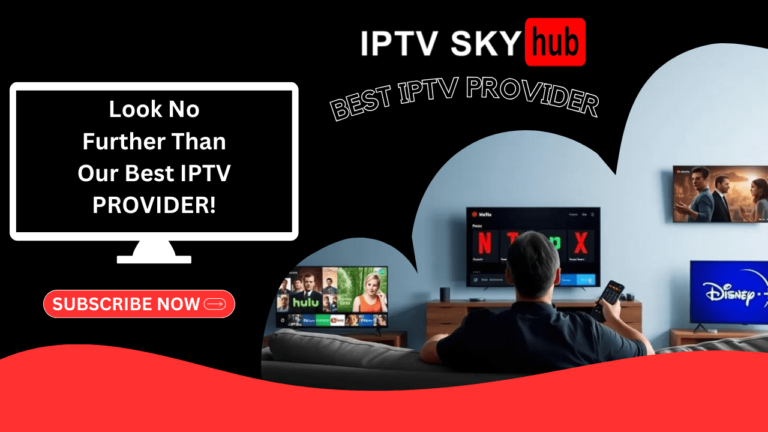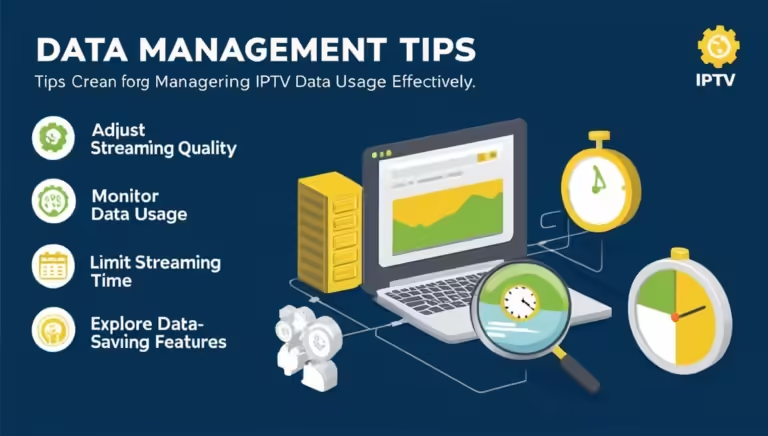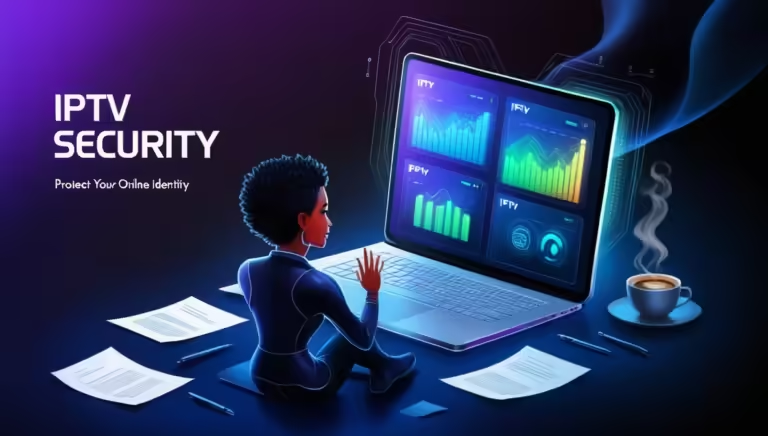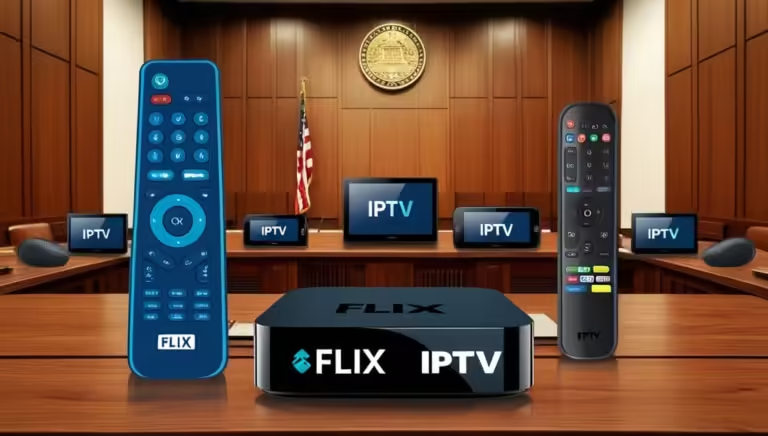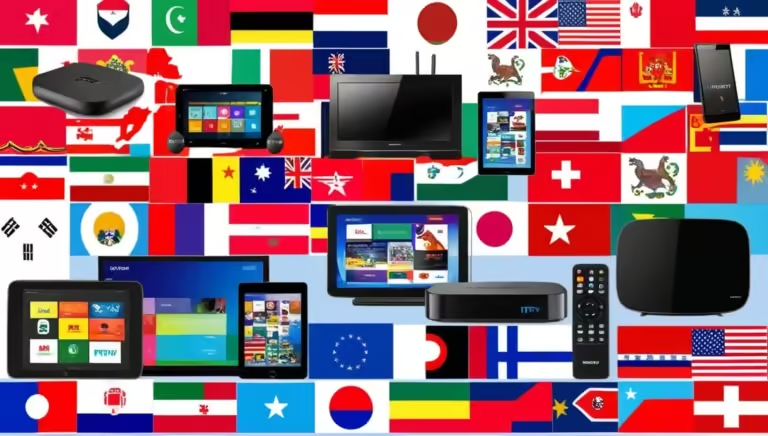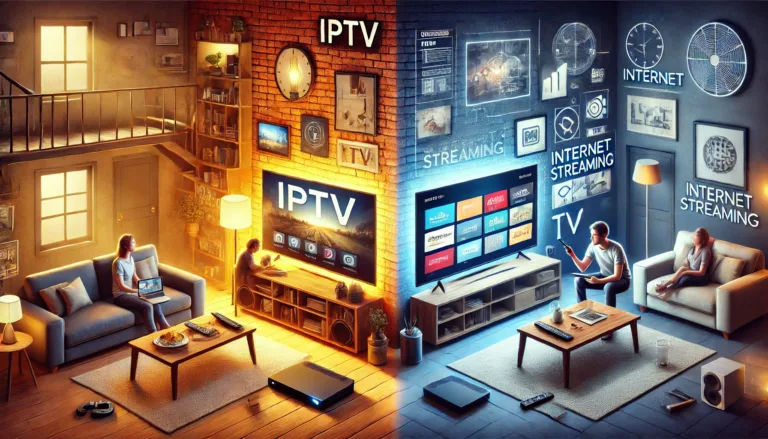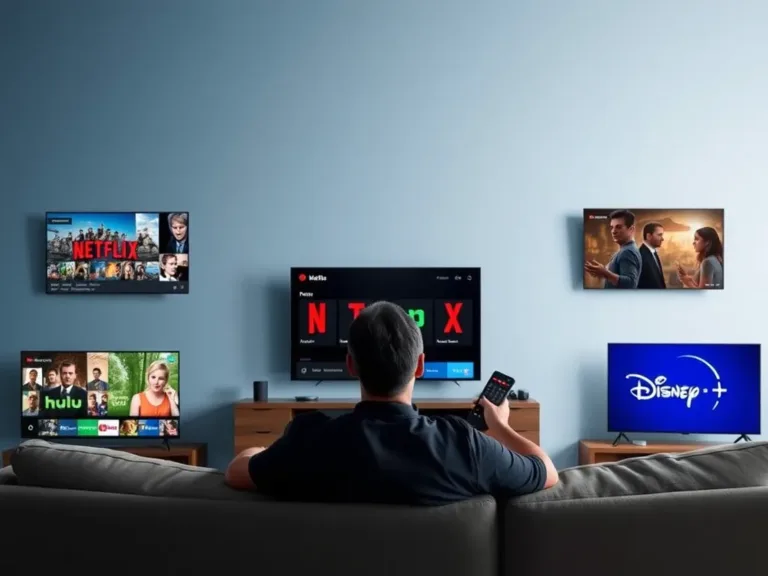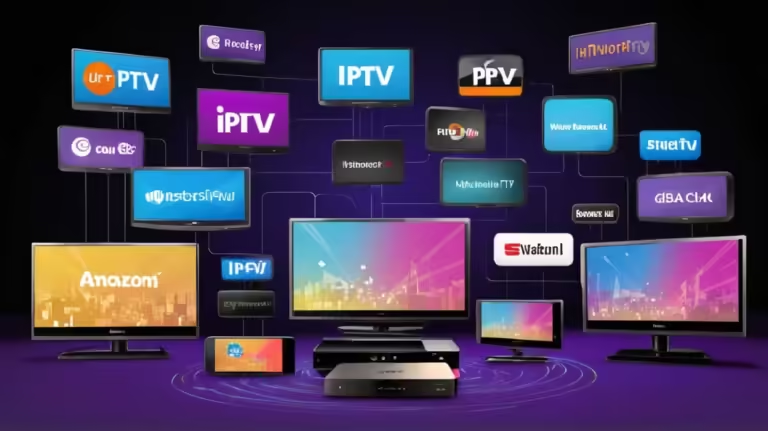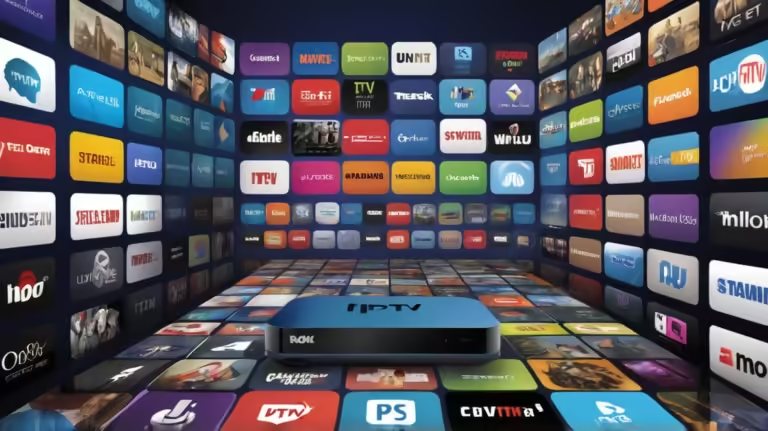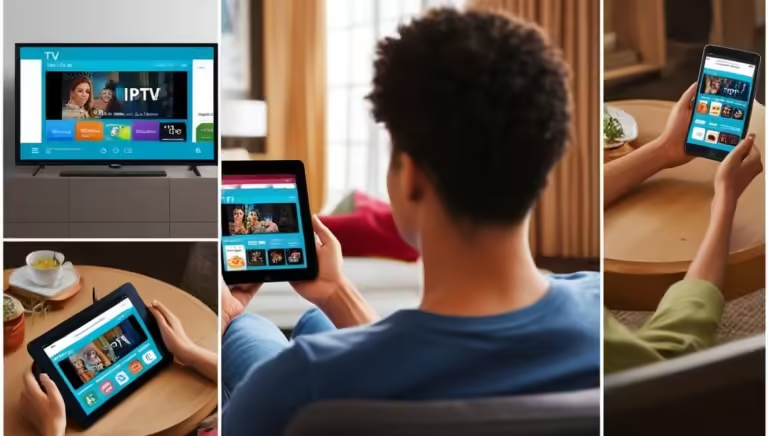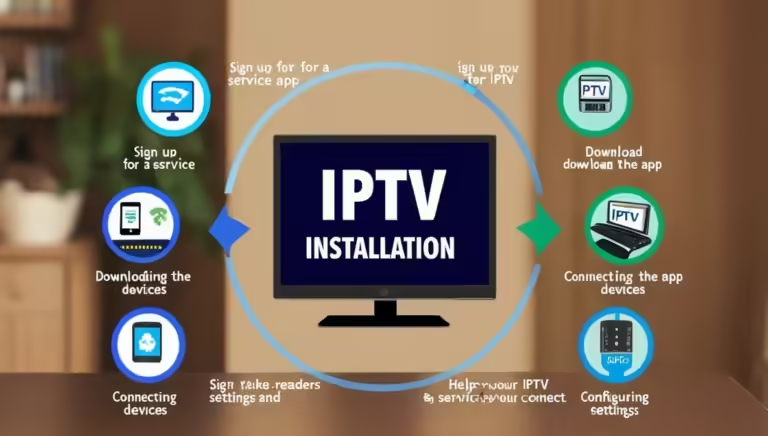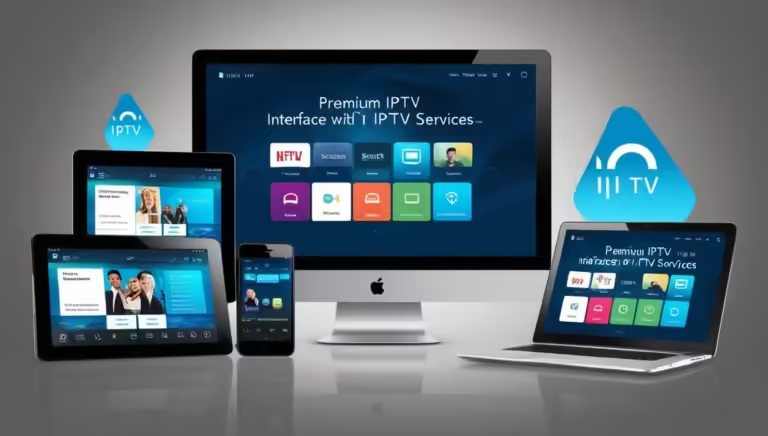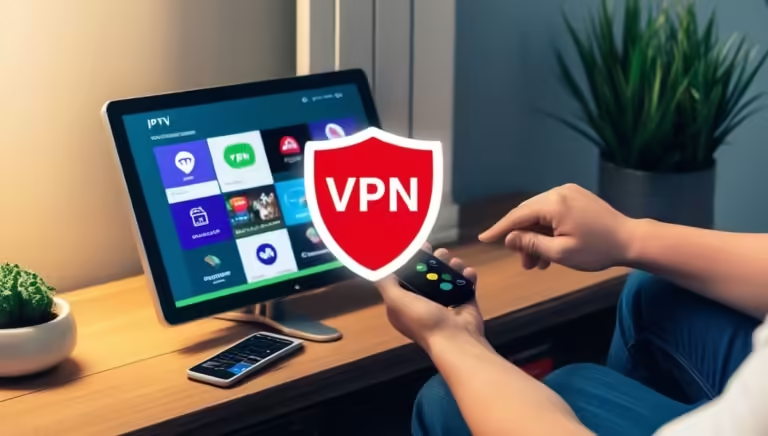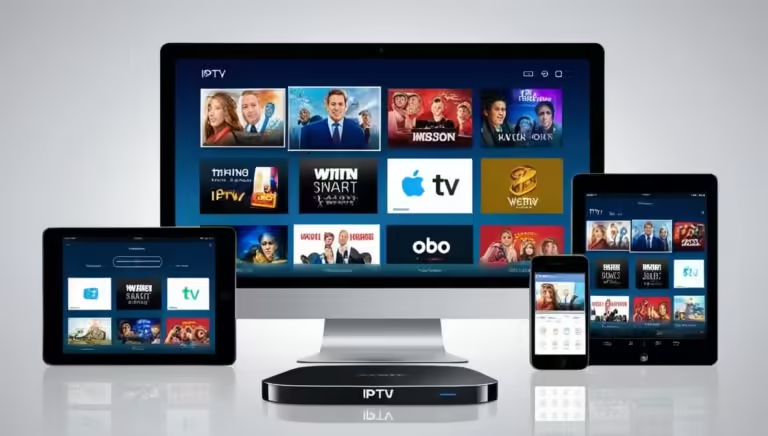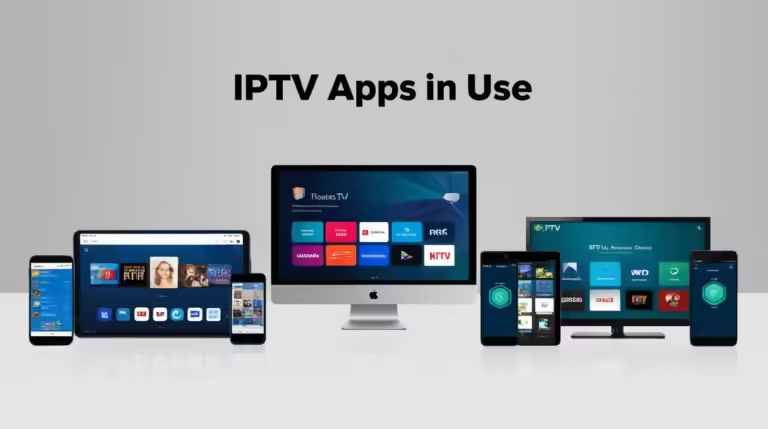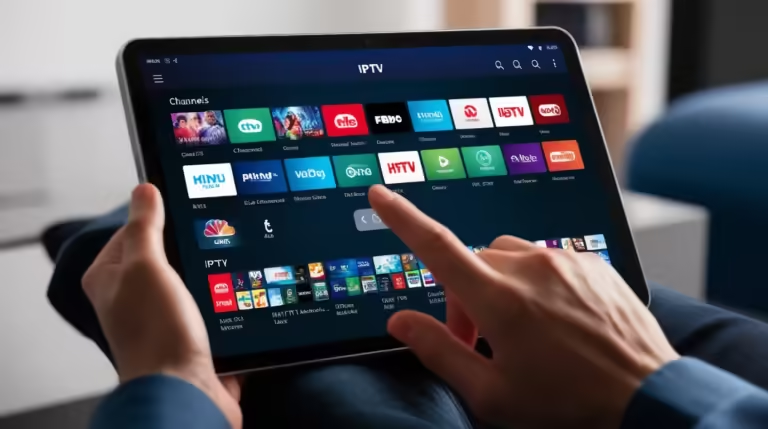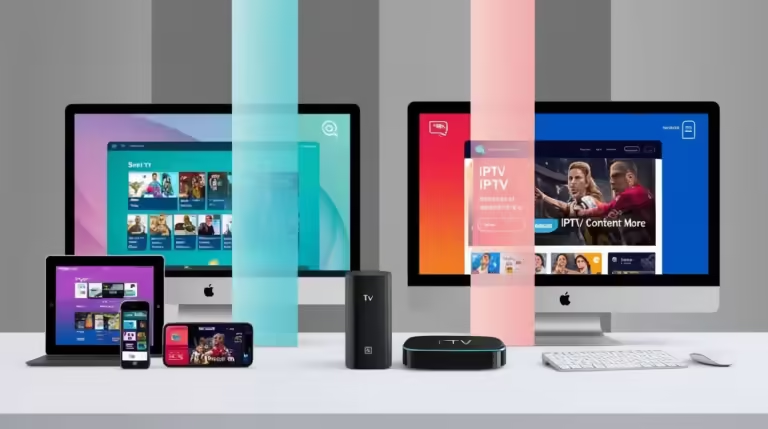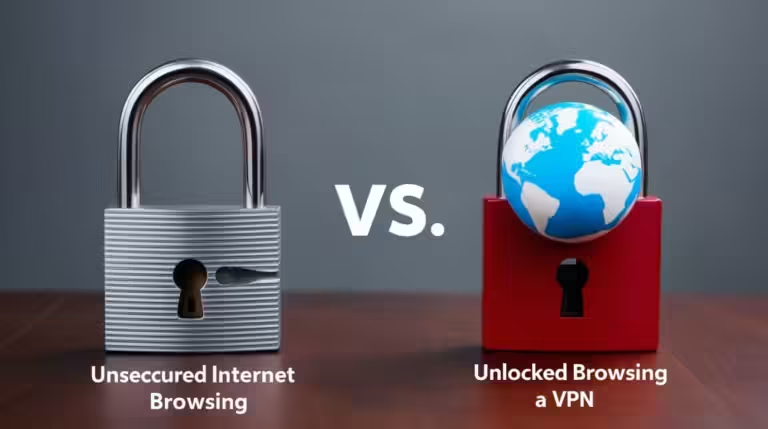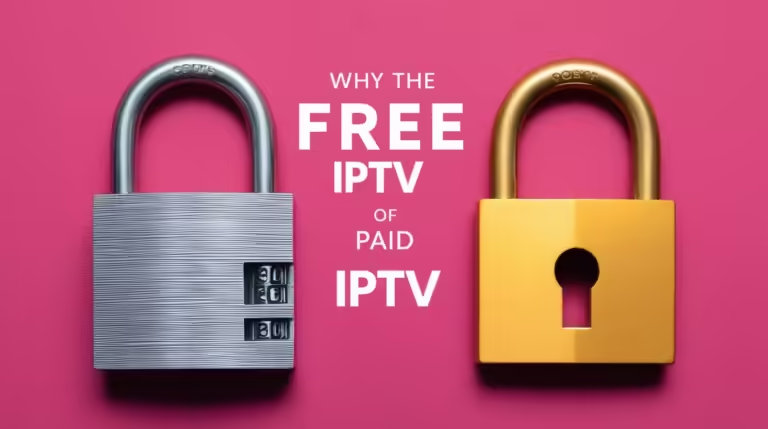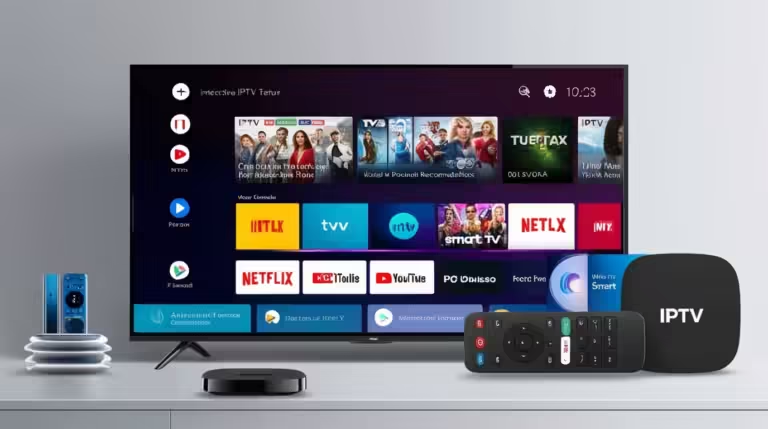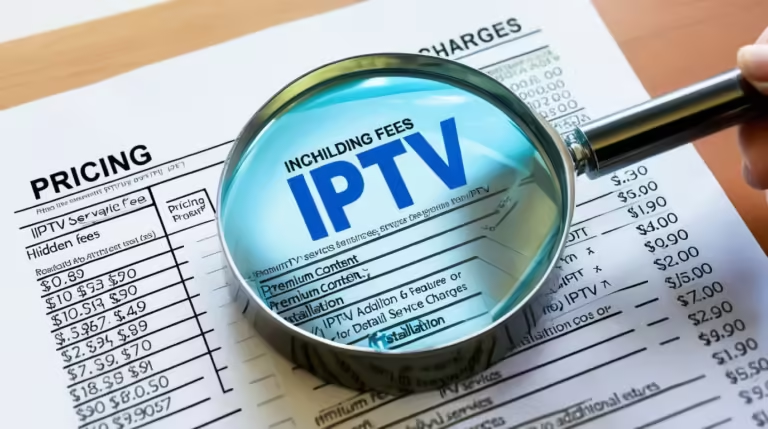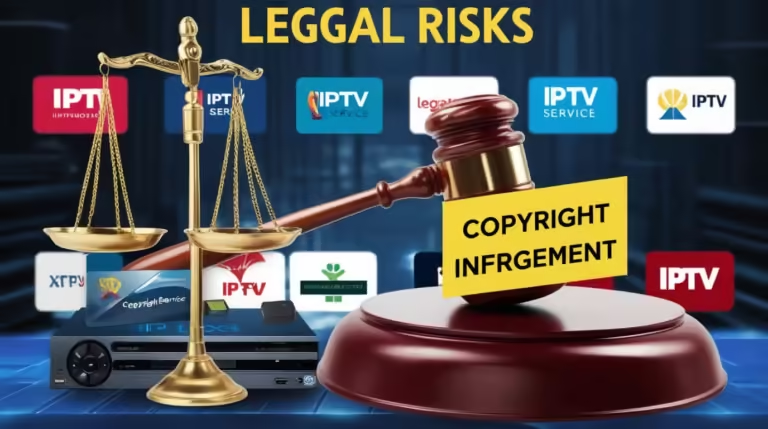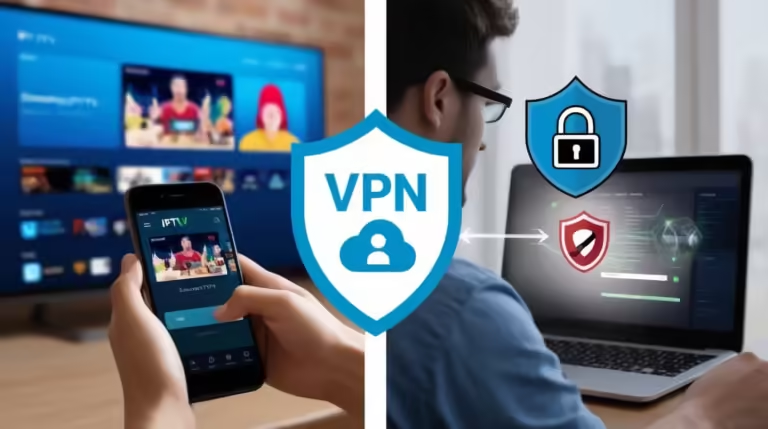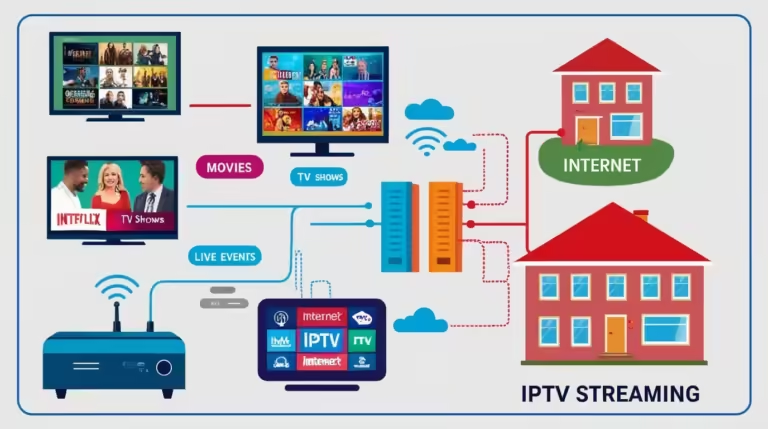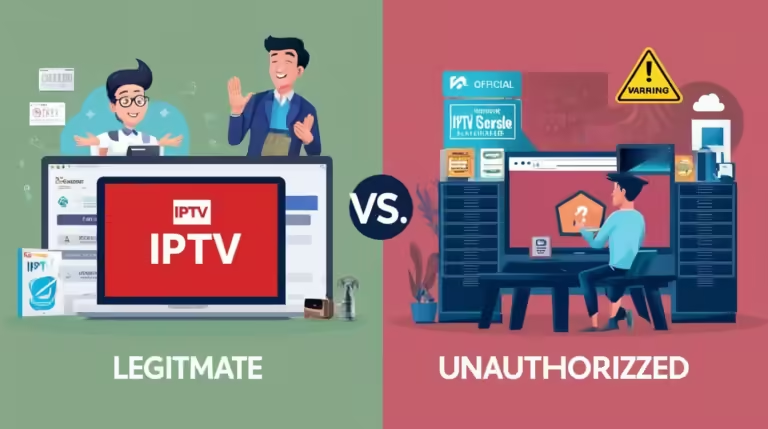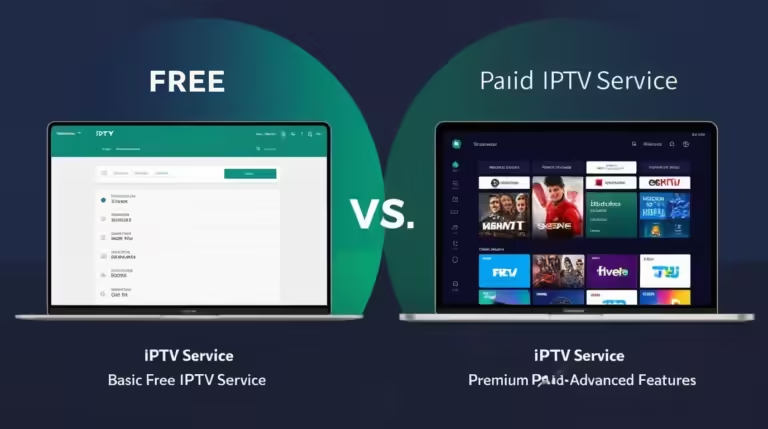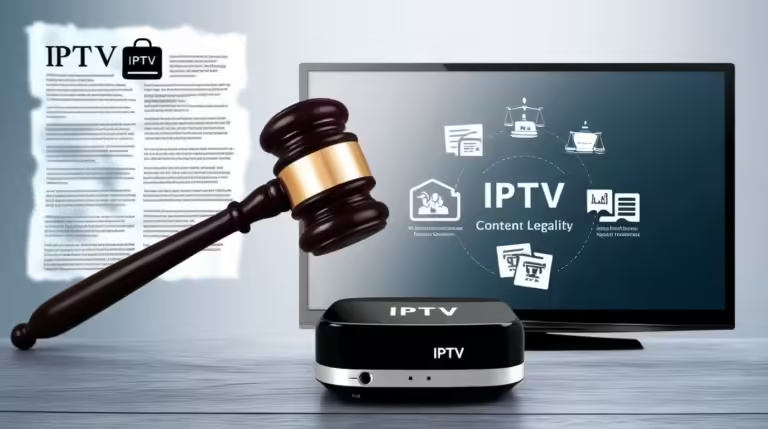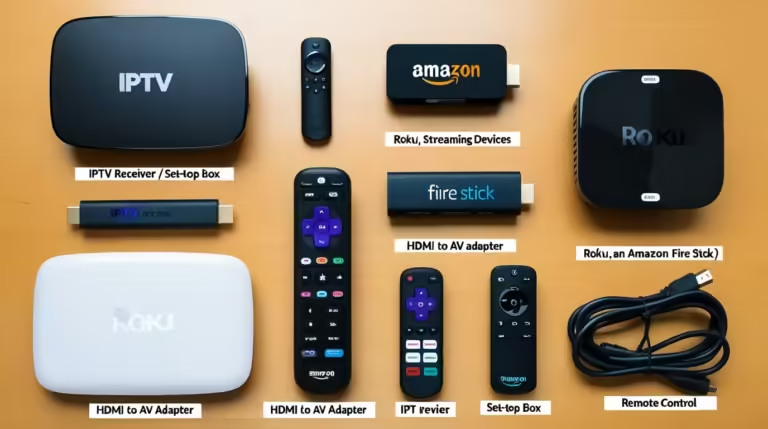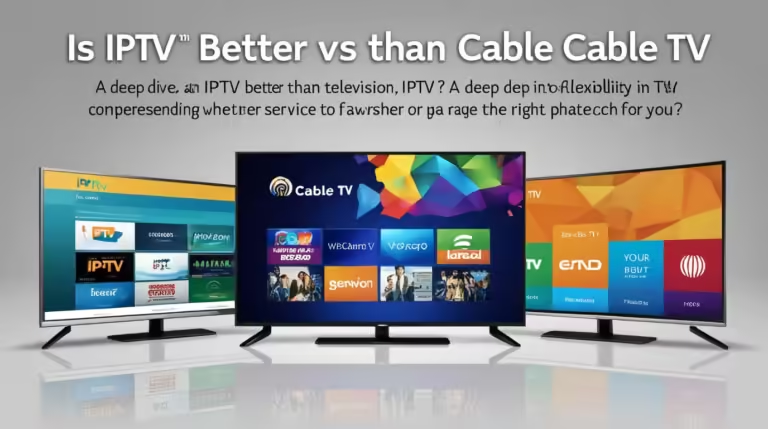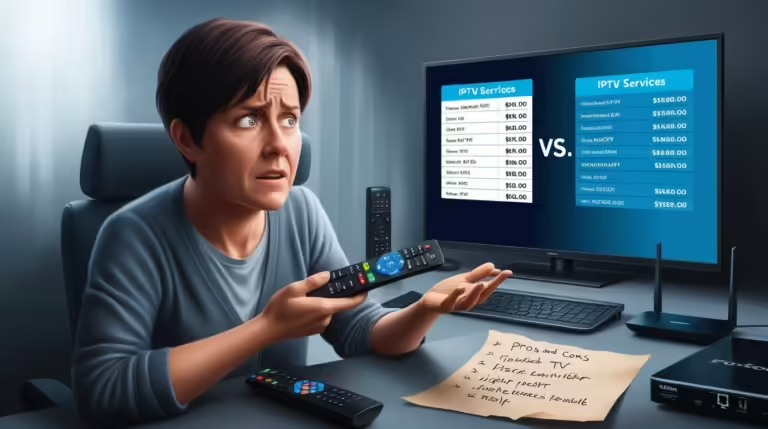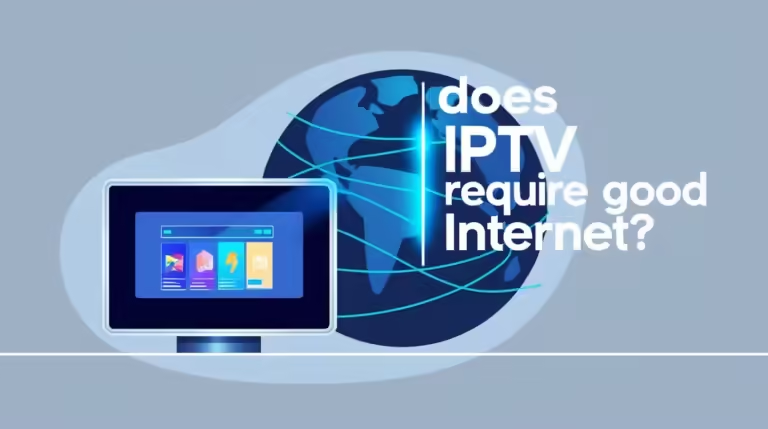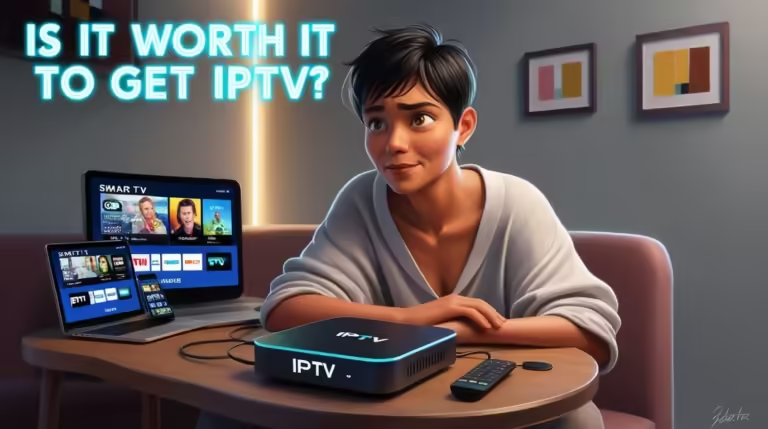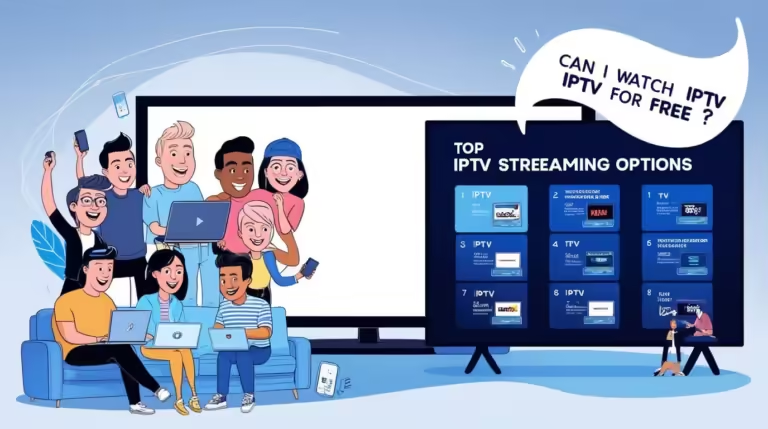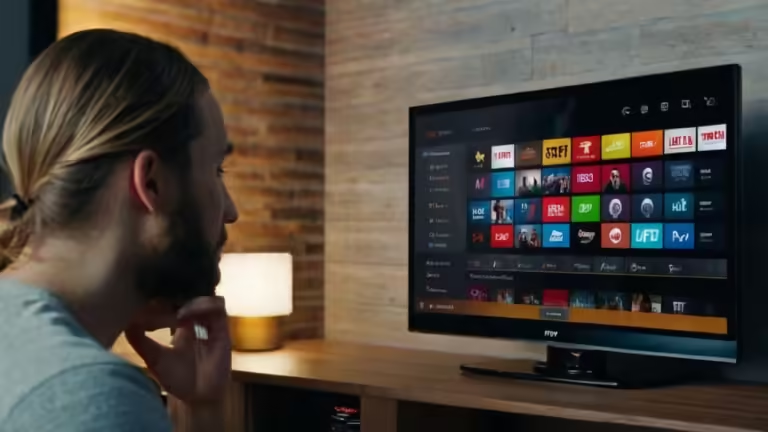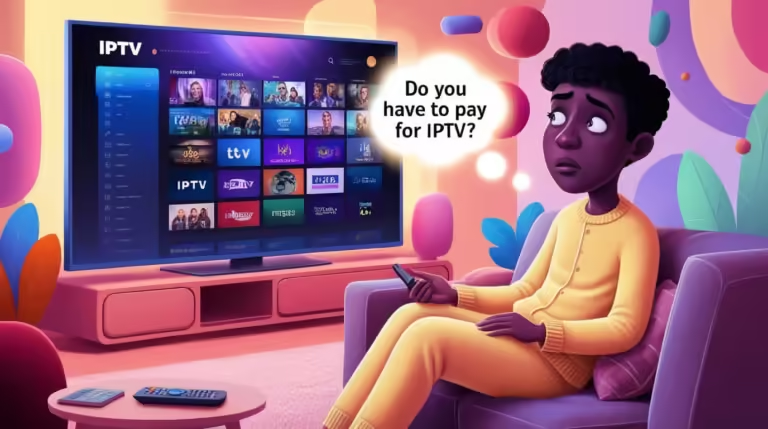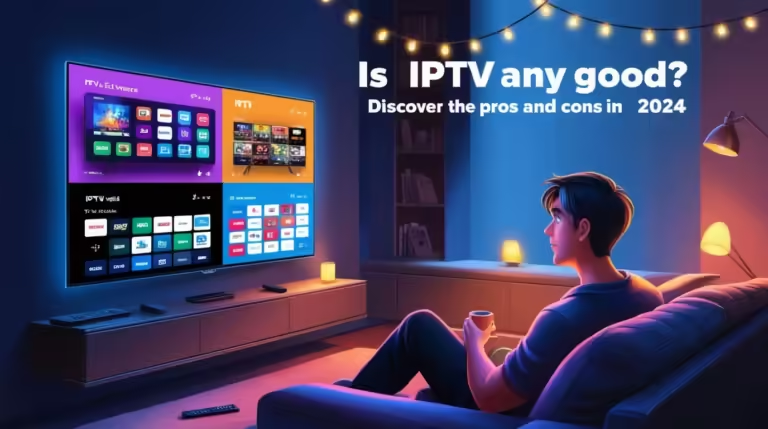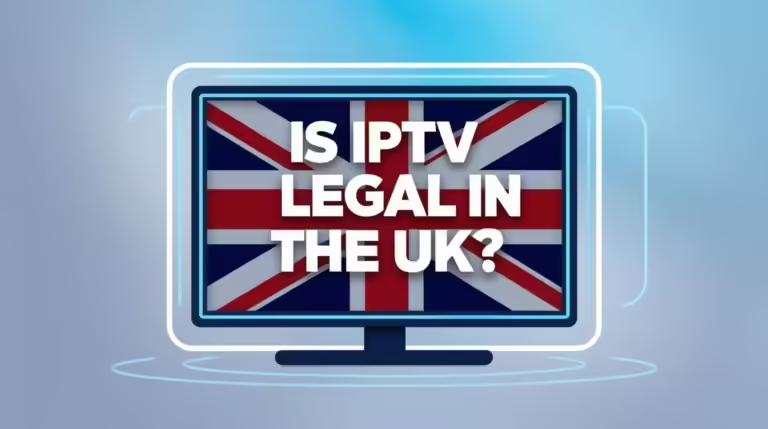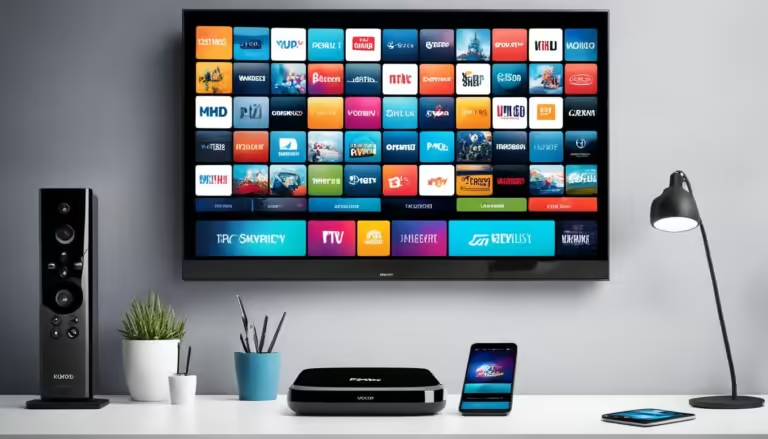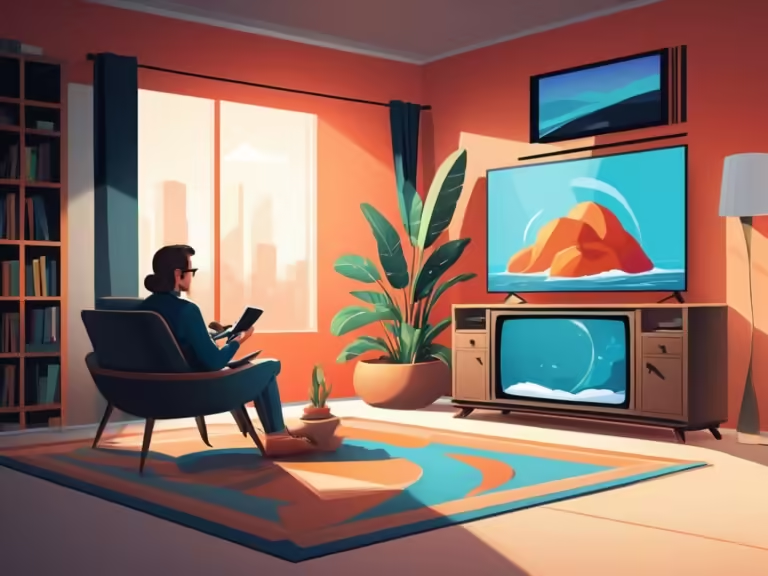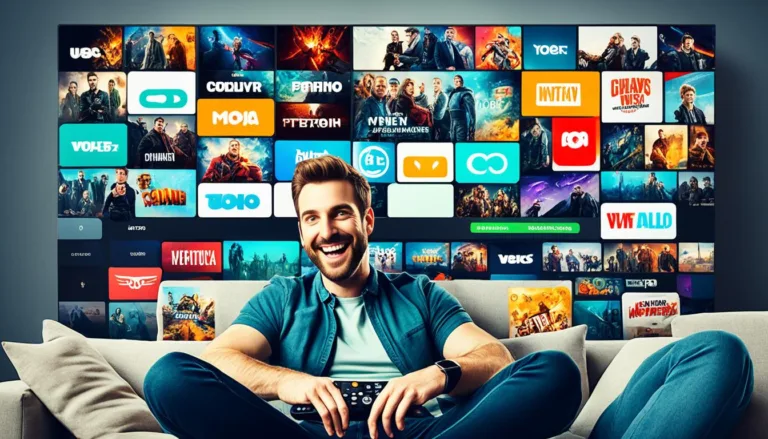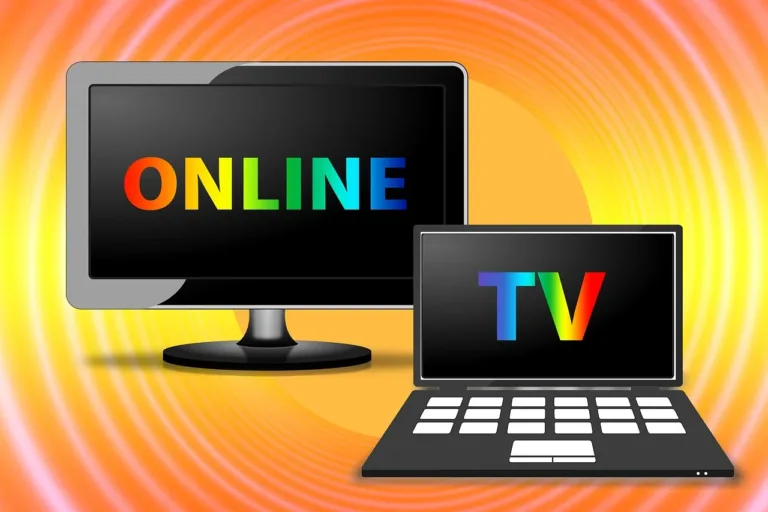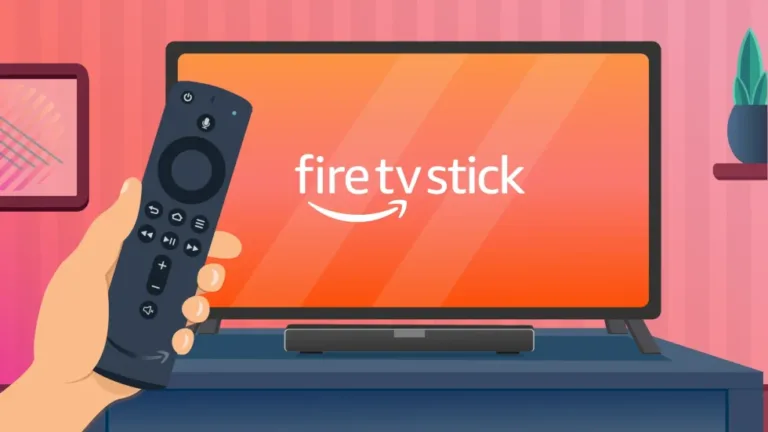Introduction
Streaming has become the global standard for entertainment in 2025. Whether you’re watching a Netflix documentary, live sports via IPTV, or on-demand movies from Disney+, streaming dominates our media consumption. With its convenience, however, comes a growing debate: Is it bad to stream without a VPN?
For years, VPNs (Virtual Private Networks) were primarily used by tech-savvy users who wanted extra privacy or access to foreign content libraries. Today, with stricter online surveillance, increased data collection, and tighter geo-blocks, VPNs have moved from being a luxury to a necessity. Streaming without one can expose you to a variety of risks—legal, personal, and even financial.
This article breaks down the issue from six distinct perspectives: legality, privacy, geo-restrictions, ISP surveillance, public/shared networks, and subscription-based platforms. By the end, you’ll have a clear answer to whether it is truly “bad” to stream without a VPN in 2025.
Table of Contents
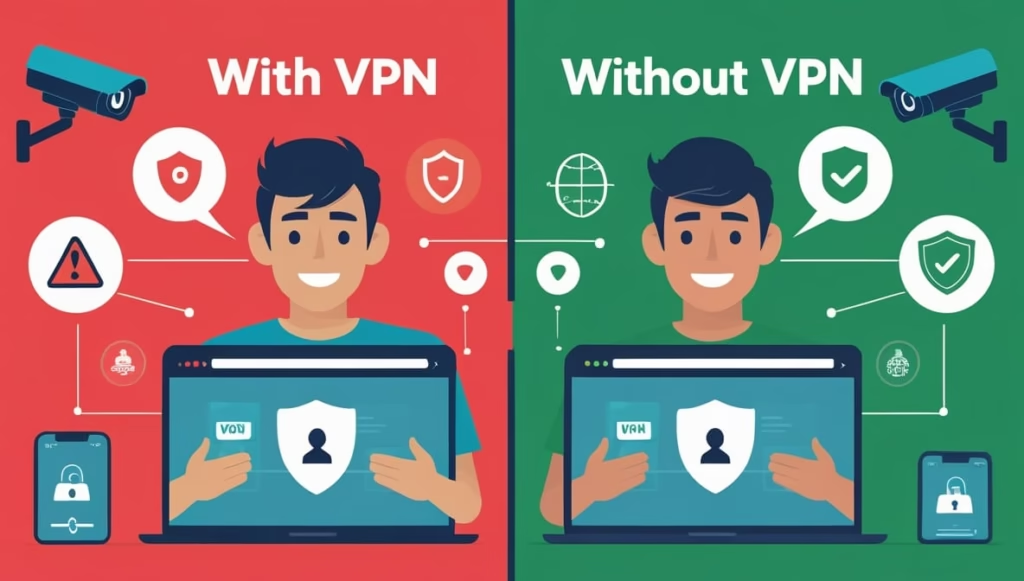
Is It Bad to Stream Without a VPN in 2025 from a Legal Standpoint?
The first and most pressing question surrounding “Is it bad to stream without a VPN?” is legality. The legality of streaming varies by country and depends heavily on the source of the content.
Copyright and Licensed Services
If you’re streaming from official platforms like Netflix, Hulu, Amazon Prime Video, or Disney+, then legally you’re in the clear. You’ve paid for access, and the platform holds the rights to distribute content in your region. In such cases, streaming without a VPN isn’t “bad” legally—it just means you’ll be limited to the catalog available in your country.
Gray Areas: IPTV and Free Streaming Sites
The problem arises when users turn to unlicensed IPTV services, torrent-based streaming platforms, or “free” movie websites. These platforms often distribute copyrighted material without authorization. Watching from these sources without a VPN means your IP address is fully visible. Copyright agencies, ISPs, or watchdog organizations can track and link your streaming activity directly to you.
For instance, in the U.S., repeated DMCA (Digital Millennium Copyright Act) notices can lead to internet throttling or service termination. In Germany, copyright fines for streaming unlicensed content can be thousands of euros. Without a VPN, you’re left with no shield from enforcement.
Global Enforcement in 2025
Digital monitoring is far more advanced today than it was five years ago. Governments and private companies now use automated tracking systems powered by AI to scan traffic on popular piracy sites. Once they capture your IP, they can build a case for copyright infringement.
A VPN doesn’t make illegal streaming legal, but it does protect your identity. Without it, you’re exposed to potential civil lawsuits, hefty fines, or even criminal liability in some jurisdictions.
Verdict: From a legal perspective, yes, it can be bad to stream without a VPN—especially if you ever step outside the safe boundaries of official licensed services.
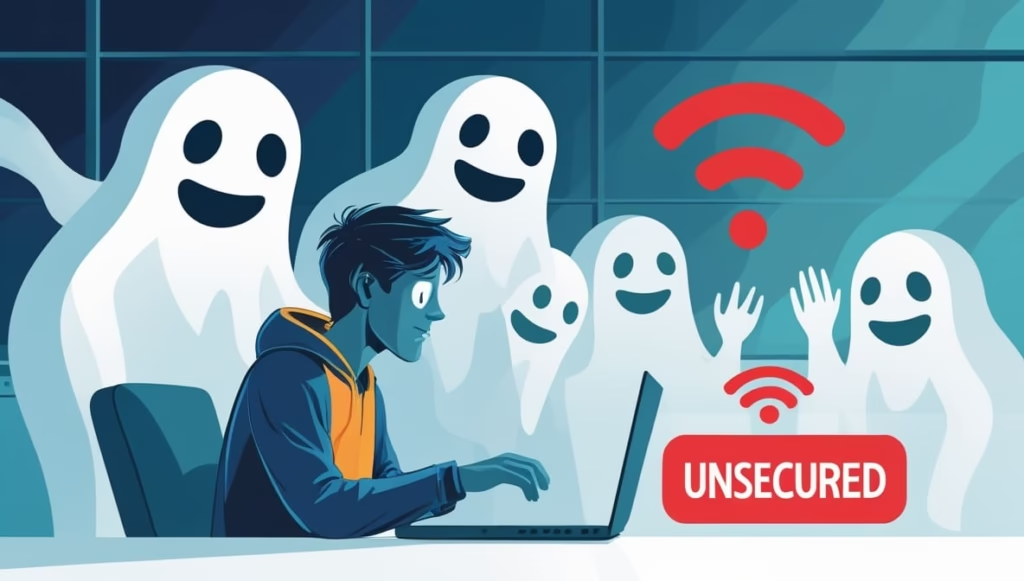
Is It Bad to Stream Without a VPN If You Care About Data Privacy?
In 2025, data is the new oil, and streaming is a major data source. Many people mistakenly believe that streaming poses no privacy risk because it’s “just watching shows.” The reality is that your viewing habits are tracked, stored, and monetized more than you think.
How Your Data Is Collected
- ISPs log which platforms you connect to, how much data you use, and when you stream.
- Streaming platforms themselves collect watch histories, preferences, and even track when you pause or skip.
- Advertisers use this data to build profiles, selling targeted ads back to you across platforms.
All this tracking happens openly when you stream without a VPN.
Government and Third-Party Monitoring
In many countries, ISPs are legally required to retain user activity logs for months or even years. That means your entire streaming history may be stored in a database accessible to government authorities. While this data may not always be used against you, it erodes personal privacy.
Third-party tracking is also widespread. Free streaming apps, in particular, are notorious for embedding spyware or data-mining tools that harvest personal information. Without VPN encryption, this data is visible in transit.
Why a VPN Matters
A VPN encrypts your internet traffic, preventing ISPs, governments, and advertisers from seeing what you’re watching. It replaces your real IP address with one from the VPN server, giving you anonymity. This is especially critical if you value personal privacy and don’t want every click on your watchlist tied to your identity.
Verdict: If privacy matters to you, it is absolutely bad to stream without a VPN. Every movie, series, or sports match you watch without one adds to your personal data trail.
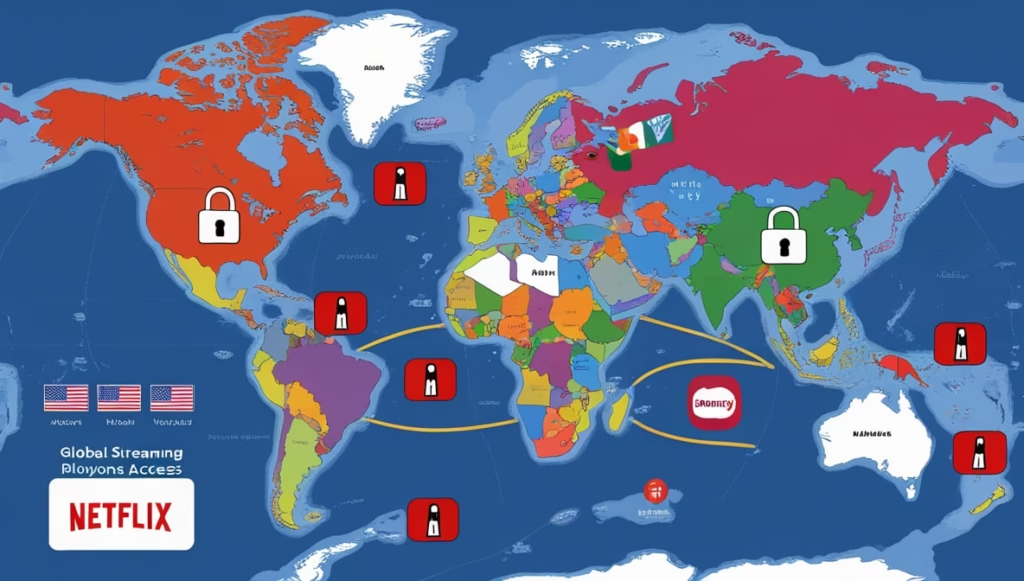
Is It Bad to Stream Without a VPN When Accessing Geo-Restricted Content?
Geo-restrictions are one of the biggest frustrations for modern streamers. Streaming platforms license content by region, meaning your favorite show might be available in the U.S. but not in Canada—or a football match may stream free in one country but be locked behind a paywall in another.
The Reality of Geo-Blocks
Without a VPN, you’re locked into whatever catalog is available in your region. Netflix, for example, has vastly different libraries in the U.S., Japan, and Europe. Sports platforms like ESPN or DAZN often block viewers outside certain countries.
Trying to access this content without a VPN leads to the dreaded “This content is not available in your region” message.
VPNs and Geo-Unblocking
A VPN bypasses these restrictions by masking your location. By connecting to a server in another country, you trick the platform into thinking you’re watching from that region. This opens up entire libraries of shows, movies, and sporting events you couldn’t otherwise access.
The Downsides of No VPN
Without a VPN, your entertainment is limited. You’re paying the same subscription fee as other users worldwide but often receiving less content. For frequent travelers, the problem worsens—you may suddenly lose access to your home country’s streaming library the moment you go abroad.
Verdict: From a content-access standpoint, it is bad to stream without a VPN. You’re restricting your own options and missing out on global entertainment.
Is It Bad to Stream Without a VPN with Increasing ISP Surveillance?
ISPs hold immense power over your internet activity. In 2025, surveillance by ISPs has increased significantly, often in ways users don’t realize.
What ISPs Monitor
- Streaming bandwidth usage
- Which platforms you visit
- When and how long you stream
- Even the quality of the stream (SD, HD, 4K)
This monitoring can have consequences. Some ISPs throttle speeds for heavy streamers, especially when they detect platforms like Netflix, IPTV services, or Twitch. Others sell anonymized (but detailed) user data to advertisers.
Legal Obligations
In many countries, ISPs are required by law to log and retain user activity. This data can be shared with governments, law enforcement, or even private organizations through legal requests. Streaming without a VPN gives your ISP a complete picture of your online entertainment habits.
VPN Protection Against ISPs
Using a VPN prevents your ISP from seeing your specific streaming activity. While they may still detect that you’re sending encrypted data, they cannot see what content you’re accessing or from which platform. This reduces the chance of throttling and shields your streaming history from being logged.
Verdict: With growing ISP surveillance, yes—it is bad to stream without a VPN. You’re essentially giving your service provider a free look into every part of your digital entertainment life.
Is It Bad to Stream Without a VPN on Public or Shared Networks?
Public Wi-Fi is convenient, but it’s also one of the most dangerous places to stream without a VPN. Cafes, airports, hotels, and even libraries often run unsecured or semi-secured networks, making them a goldmine for hackers.
The Risks of Public Streaming
- Man-in-the-Middle Attacks: Hackers can intercept traffic between your device and the streaming server.
- Data Theft: Login credentials for services like Netflix or Hulu can be stolen.
- Malware Injection: Some fake Wi-Fi hotspots inject malicious code into your browsing session.
When you stream without a VPN, your data is transmitted in a readable format over these networks, leaving you exposed.
Why VPNs Are Essential in Public Spaces
A VPN encrypts your connection, making it nearly impossible for hackers to read or manipulate your data. Even if you connect to a compromised Wi-Fi network, your streaming traffic remains secure.
Verdict: Streaming without a VPN on public or shared networks is a major risk. From a cybersecurity standpoint, this is one of the “baddest” choices you can make in 2025.
Is It Bad to Stream Without a VPN When Using Subscription-Based Platforms?
Some users argue: “I already pay for Netflix, Hulu, or Disney+. Do I still need a VPN?” On the surface, it seems unnecessary—after all, you’re using the service legally. But even with subscriptions, streaming without a VPN carries drawbacks.
Data Tracking by Paid Platforms
Subscription platforms collect enormous amounts of user data: viewing times, content choices, device IDs, and even detailed behavioral metrics like when you stop watching. This data is then used to tailor content recommendations or shared with advertising partners. Without a VPN, this data is directly linked to your personal IP address.
Regional Limitations Still Apply
Just because you pay doesn’t mean you get global access. As discussed earlier, subscription services still enforce regional catalogs. Without a VPN, your subscription is geographically restricted.
Account Security Risks
Account sharing and password theft are common. If you use public Wi-Fi to log into Netflix or Disney+ without a VPN, you increase the risk of your credentials being stolen. A VPN adds a critical layer of protection.
Verdict: Even with legitimate subscriptions, streaming without a VPN is not ideal. You lose privacy, limit content, and expose your account security.
Conclusion
So, is it bad to stream without a VPN in 2025? The evidence across all six perspectives points to one conclusion: yes, streaming without a VPN exposes you to significant risks.
- Legally, you’re vulnerable if you ever access unlicensed content.
- Privacy-wise, your entire viewing history is tracked and monetized.
- For geo-restrictions, you’re limiting yourself to smaller catalogs.
- Under ISP surveillance, you’re subject to monitoring, throttling, and data logging.
- On public networks, you’re a target for hackers.
- Even on subscriptions, you give up privacy and freedom.
While streaming without a VPN is not always “bad” in the strictest sense—especially if you only use legitimate services on private networks—it is increasingly a gamble. In 2025, the small cost of a reliable VPN is outweighed by the privacy, security, and freedom it provides.
In short: if you stream regularly, the real question isn’t “Is it bad to stream without a VPN?” but rather “Why would you risk it when the solution is so simple?”

